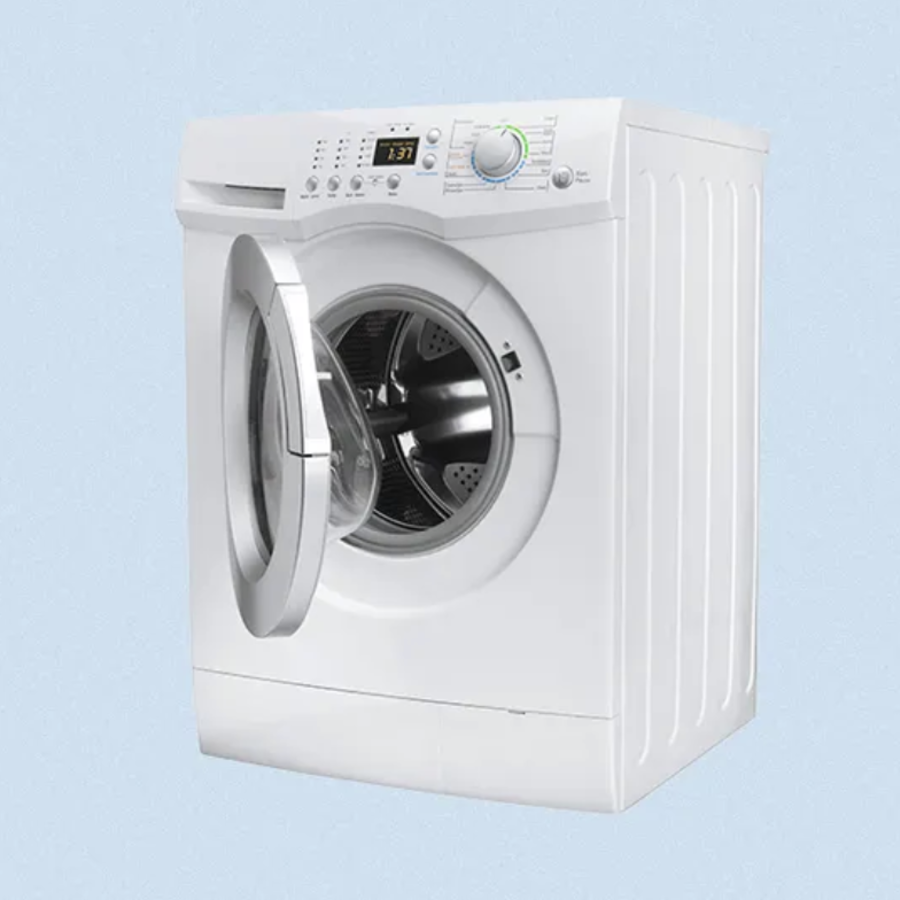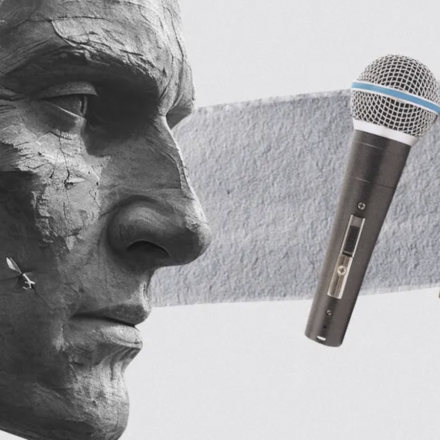Time flies, and money seems to slip away like water from your pocket. If you're still wondering where it all goes, the answer might not lie in your extravagance, but in habits that seem harmless but can actually cost you a lot. Let's take a look at the everyday things you can improve to avoid unnecessary expenses.
You run half-full appliances
It may seem like a quick and convenient way to save time when you load the washing machine or dishwasher halfway, but in reality, you use just as much water and electricity as if it were fully loaded. This is one of the most common mistakes, where we think that "less" means saving, but in reality, it's the opposite. It's better to wait until you have a full load or use the short cycle. This simple solution can help lower your utility bills and save your energy.
You leave appliances plugged in
"I turned off the TV, so it doesn't use electricity." This is a misconception we often fall for. In reality, even in standby mode, your devices continue to draw power. A charger left plugged in, a TV that's not completely turned off—all of these add up on your electricity bill. Unplug your devices or use power strips with switches. It takes a little attention, but once you run an experiment and compare the meter readings, the difference will be obvious. And maybe it'll even be enough for a couple of extra evenings out with friends at the bar.
You use fans and heaters mindlessly
One of the most common causes of waste is leaving heaters and fans on too long. You turn them on to create a comfortable atmosphere but forget to turn them off once it's warm enough. Small devices can consume quite a bit of energy. If your appliance has a timer, use it; and if not, always check if you turned it off before leaving the house. This will minimize unnecessary costs and help you keep your bills in check.
Your fridge is a mess
You can't find the item you need in the chaos of packaging and containers, so you head to the store for more groceries. As a result, old food spoils, and you spend money on unnecessary purchases. To avoid this, get organized in your fridge. Sort items into categories like milk, sauces, or ready-made dishes. This way, you'll always know what you have and what needs to be eaten first. Regular inventory checks are key to preventing money from being spent on food that's about to spoil.
You buy disposable items instead of reusable ones
It seems trivial: a few rolls of paper towels, plastic bags, disposable plates. But when you think about it, these small expenses can add up to a significant amount over the course of a year. Instead of disposable items, you can use reusable alternatives. For example, cloth napkins, shopping bags, or plastic containers. Switching to reusable items will not only save you money but also reduce waste. The habit of opting for sustainable alternatives will bring both financial benefits and moral satisfaction.
You ignore small repairs
Forgot to fix that dripping faucet? The fridge doesn’t close properly? These little things are not as small as they seem. The water dripping from the faucet can cause huge losses. A drop per second equals about 10 liters a day, and over a year, that adds up to more than 3,500 liters. Problems with the fridge’s seal also increase energy consumption. These issues will only get worse if not addressed in time. A simple repair will not only prevent extra costs but also increase comfort in your home.


















